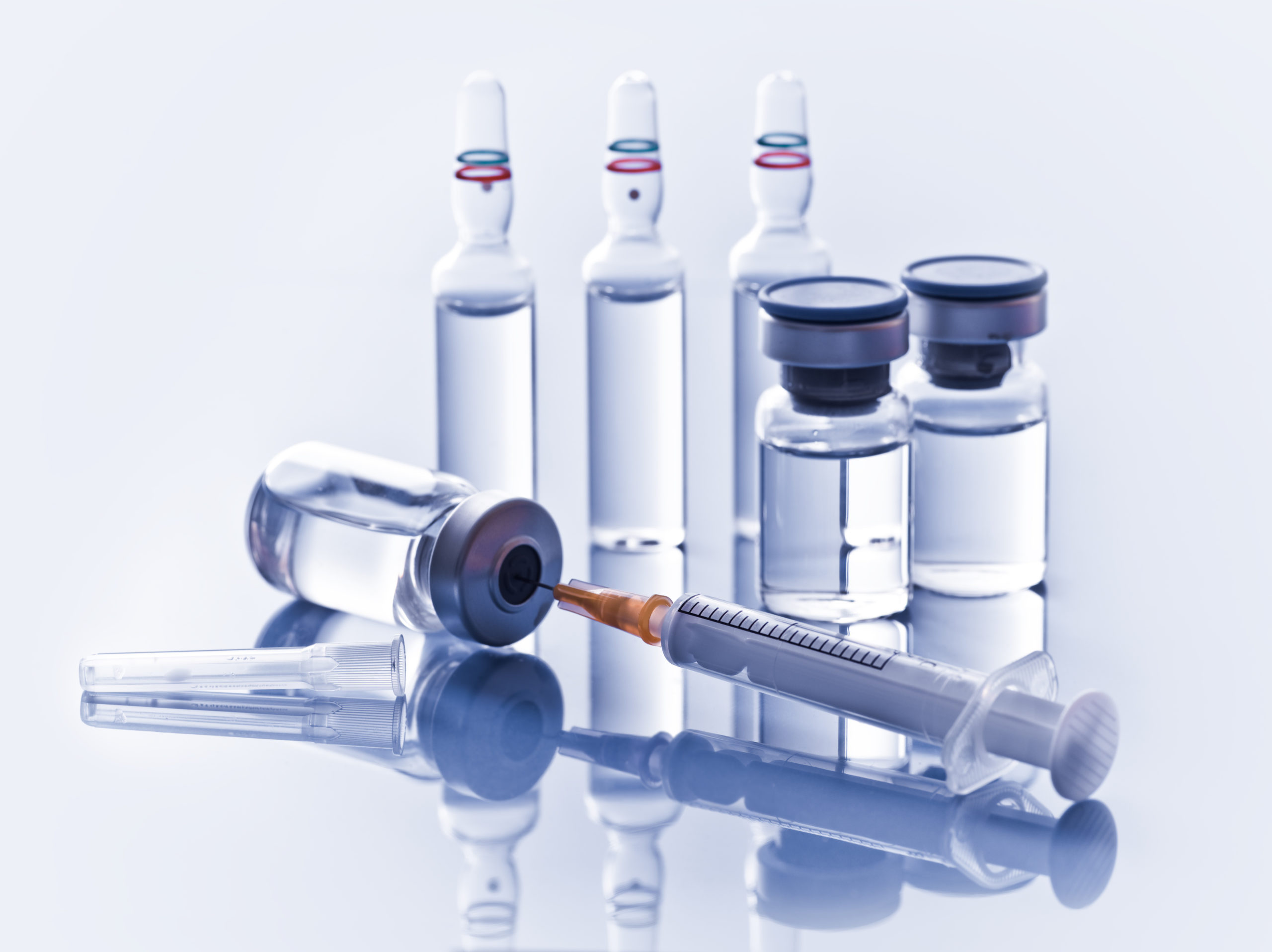Alzheimer’s disease is the most common cause of dementia, especially in patients aged 65 and older1. Alzheimer’s disease is a neurodegenerative disease that has a direct correlation to age: as age increases, the likelihood of developing Alzheimer’s increases as well. Alzheimer’s has long been a subject of discussion in the pharmaceutical industries as, until the FDA’s recent accelerated approval of Aduhelm earlier this month, the most recent treatment approved for Alzheimer’s was in 2003, almost two decades ago. The FDA’s approval of Aduhelm represents the first-of-its-kind treatment and is the first therapy that aims to interrupt the underlying physiological pathway of Alzheimer’s, rather than simply attempt to treat its symptoms.
Alzheimer’s disease is an irreversible and continuously accelerating disorder that can have profound impacts on patients, as well as those around them. Therefore, it is imperative that the pharmaceutical industry continue efforts in researching and developing drugs or therapies that look to slow this degenerative condition. The Aduhelm drug as an Alzheimer’s treatment was approved via the accelerator approval pathway, which is a rare process that is utilized when a drug or treatment provides a meaningful therapeutic advantage over other existing treatments for a serious illness1. Aduhelm aims to slow the progression of Alzheimer’s by reducing amyloid- β plaque in the brain2. Amyloid-β plaque, free radicals, and the biochemical pathways that inhibit or transmit information are all part of a very complicated system that fundamentally leads to these neurodegenerative disorders. In order to keep the momentum going in combatting these diseases that affect millions of Americans each year3, research will need to continuously progress in ensuring necessary development and support of new treatments.
EMMA International is here to provide full-circle solutions for all aspects of the MedTech industry. Give us a call at 248-987-4497 or email us at info@emmainternational.com to learn more about how EMMA International can take the stress out of quality and regulatory compliance!
1 FDA Grants Accelerated Approval for Alzheimer’s Drug (2021, June 7.) FDA News Release. https://www.fda.gov/news-events/press-announcements/fda-grants-accelerated-approval-alzheimers-drug
2 Alzheimer’s Disease and the β-Amyloid Peptide (2020 Jan.) Journal of Alzheimer’s Disease. https://www.ncbi.nlm.nih.gov/pmc/articles/PMC2813509/
3 Alzheimer’s Disease Fact Sheet (2019, May 22.) National Institute of Health. https://www.nia.nih.gov/health/alzheimers-disease-fact-sheet





